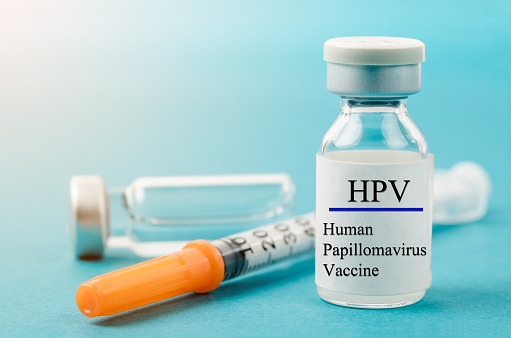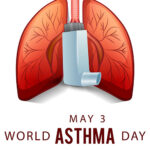The human papillomavirus (HPV) is a viral infection transmitted via vaginal, anal, or oral sex with someone who has the virus.

- It is one of the commonest STIs yet among the least known
- HPV has various strains
- There is a vaccine for HPV, but no cure yet
- However, the HPV vaccine does not protect against all the strains of HPV
- HPV vaccination is not only for young people. It can still be effective for those aged 26 to 45. However, you need to consult your doctor if you are within this age range before taking the vaccine
- HPV vaccine is best given between the ages of 11 and 13 years, that is before the young ones become sexually active
- Most people with HPV do not have visible symptoms though some will present with genital warts
- Even without visible symptoms, HPV carriers can still infect others.
- Some strains of HPV are high-risk strains and have been associated with cancer
- In some cases, the body fights off the virus naturally
You can reduce the risk of HPV by –
- Vaccination, ideally given before a person becomes sexually active
- Having one sexual partner who only has sex with you
- Proper use of condom
71
Unlike this post



